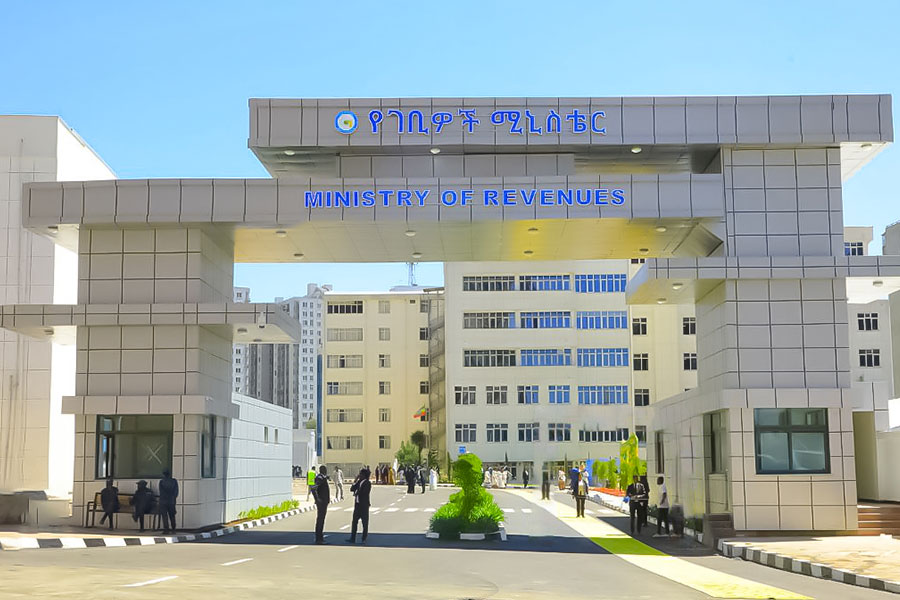
A draft amendment for Income Tax Proclamation builds on last year’s framework to boost revenue, broaden the tax base, refine incentives, and curb evasion. It proposes a simplified, income-based tax for small taxpayers, planning to reduce compliance costs, though it may raise taxes for low-margin businesses. The draft introduces an alternative minimum tax, requiring low-profit firms to contribute at least two pc of their income. It also proposes taxes on digital content income and offshore asset transfers to address base erosion and profit shifting (BEPS), intended to streamline administration and improve revenue collection. Taxpayer categories are redefined: Category A applies to those earning two million Birr or more, Category B for less, with Category C removed. Individuals with multiple income sources must file consolidated returns, potentially increasing their tax burden. Organisations face a 30pc rental income tax, while individuals are subject to new progressive rates. Cash payments over 10,000 Birr outside the banking system are non-deductible and penalised at double the amount. Non-residents are taxed 15pc on gross income, with varying rates for insurance, royalties, dividends, and services. Residents face 10 pc on royalties and five pc for artistic works. While some intra-group dividends are exempt, new rules on asset distribution may increase complexity. Tax expert Biruk Nigussie, with 15 years at the Ministry of Revenues, says the changes simplify compliance for micro businesses but may raise burdens for low-margin firms. He sees digital and offshore transfer taxes as key to tackling BEPS, though warns enforcement may be difficult.
[ssba-buttons]